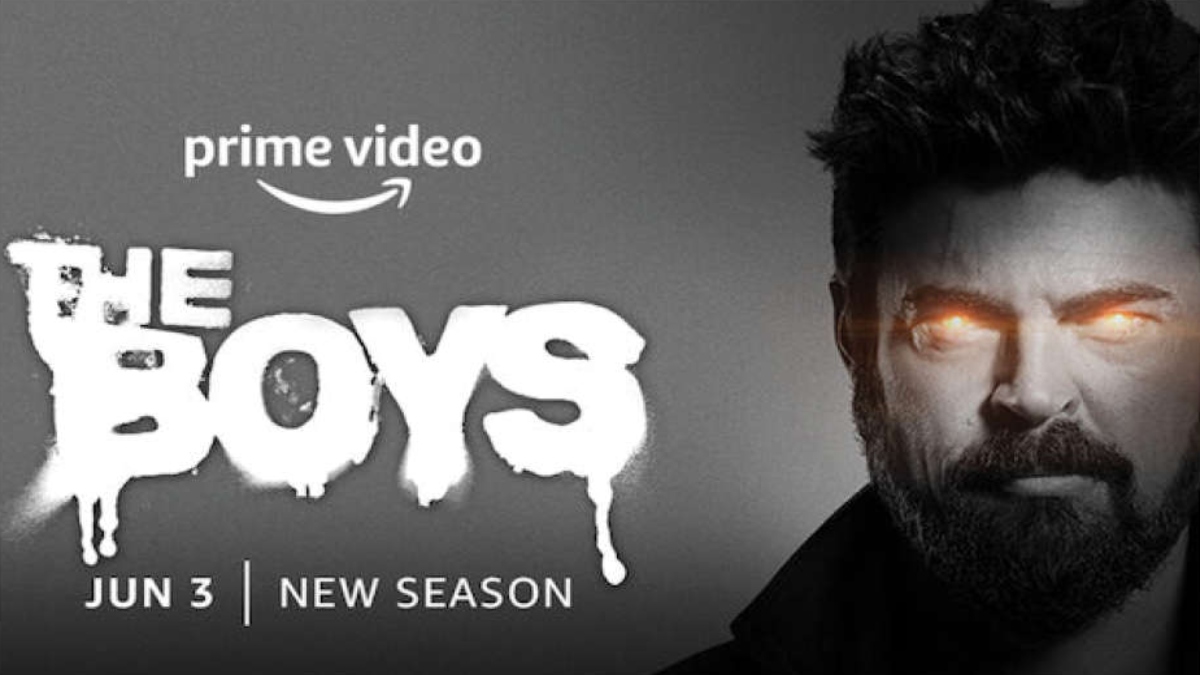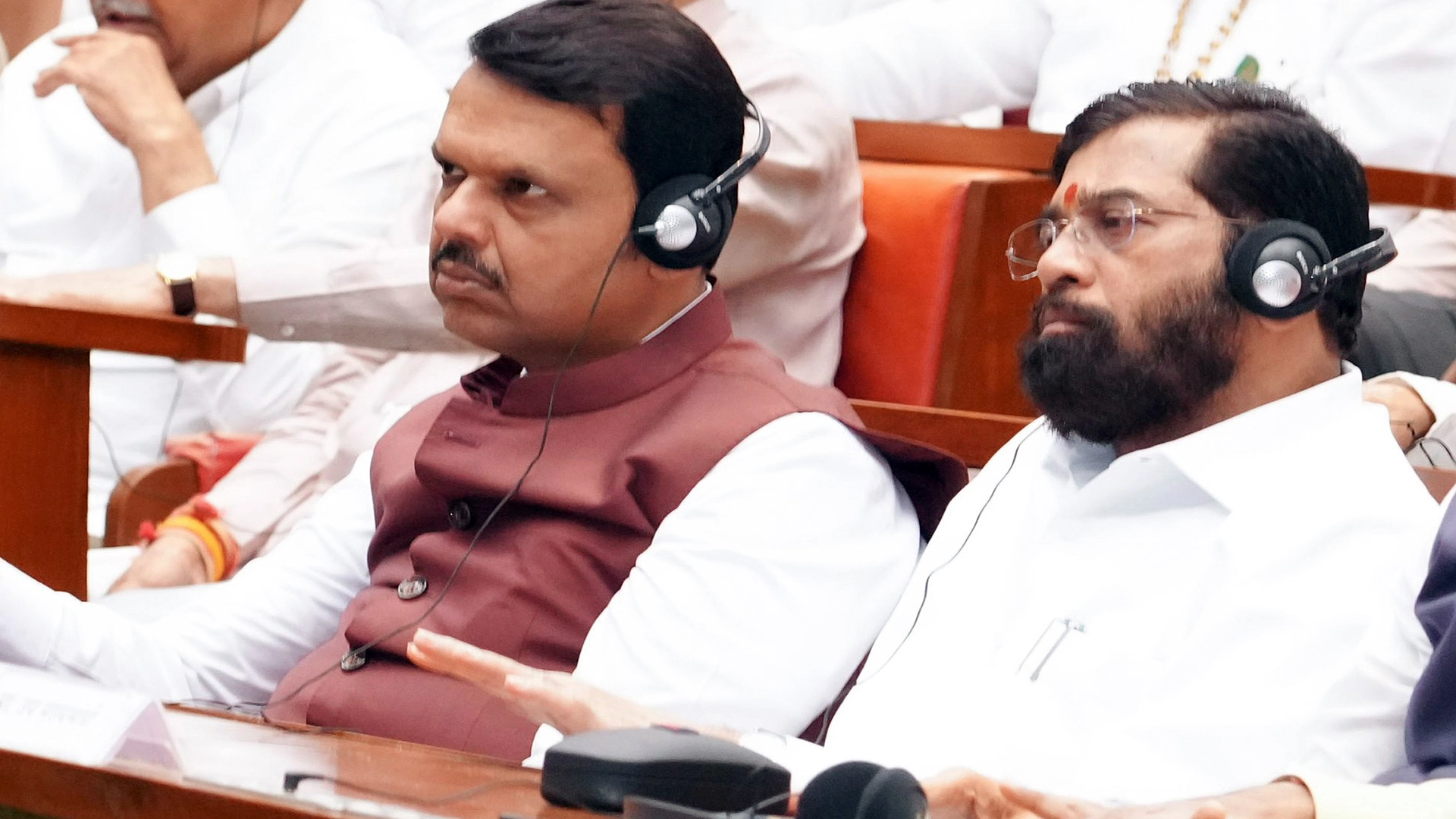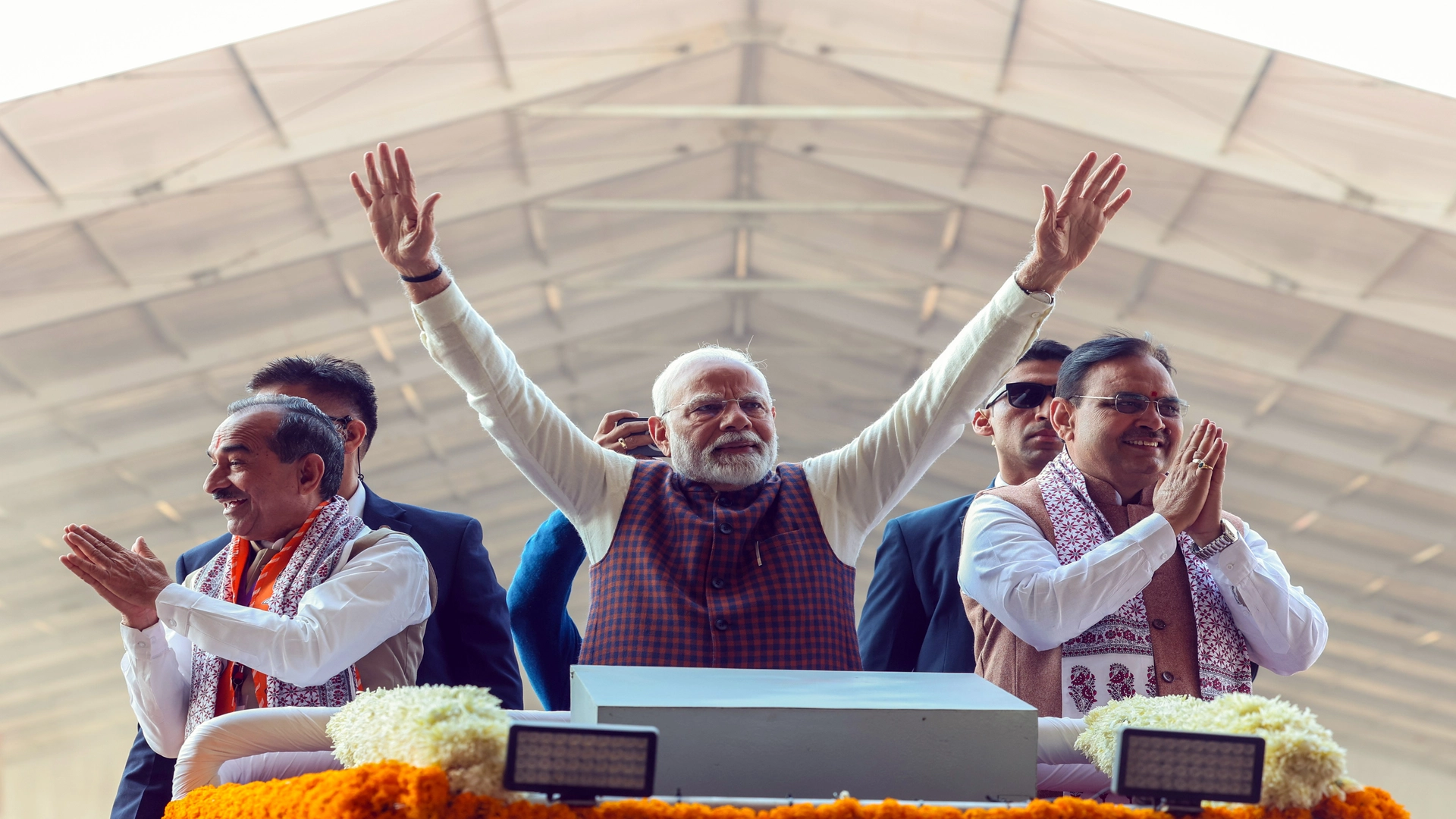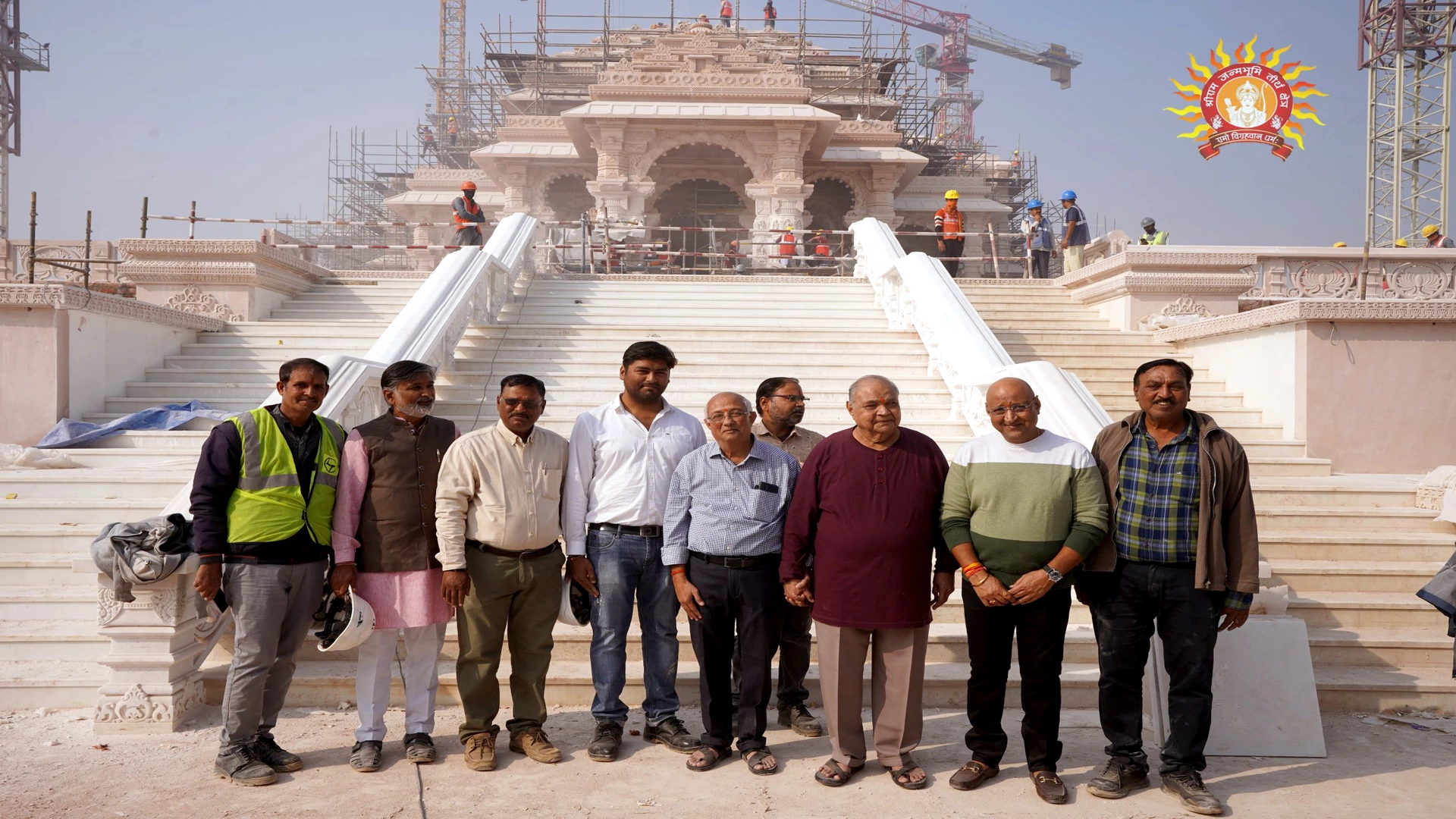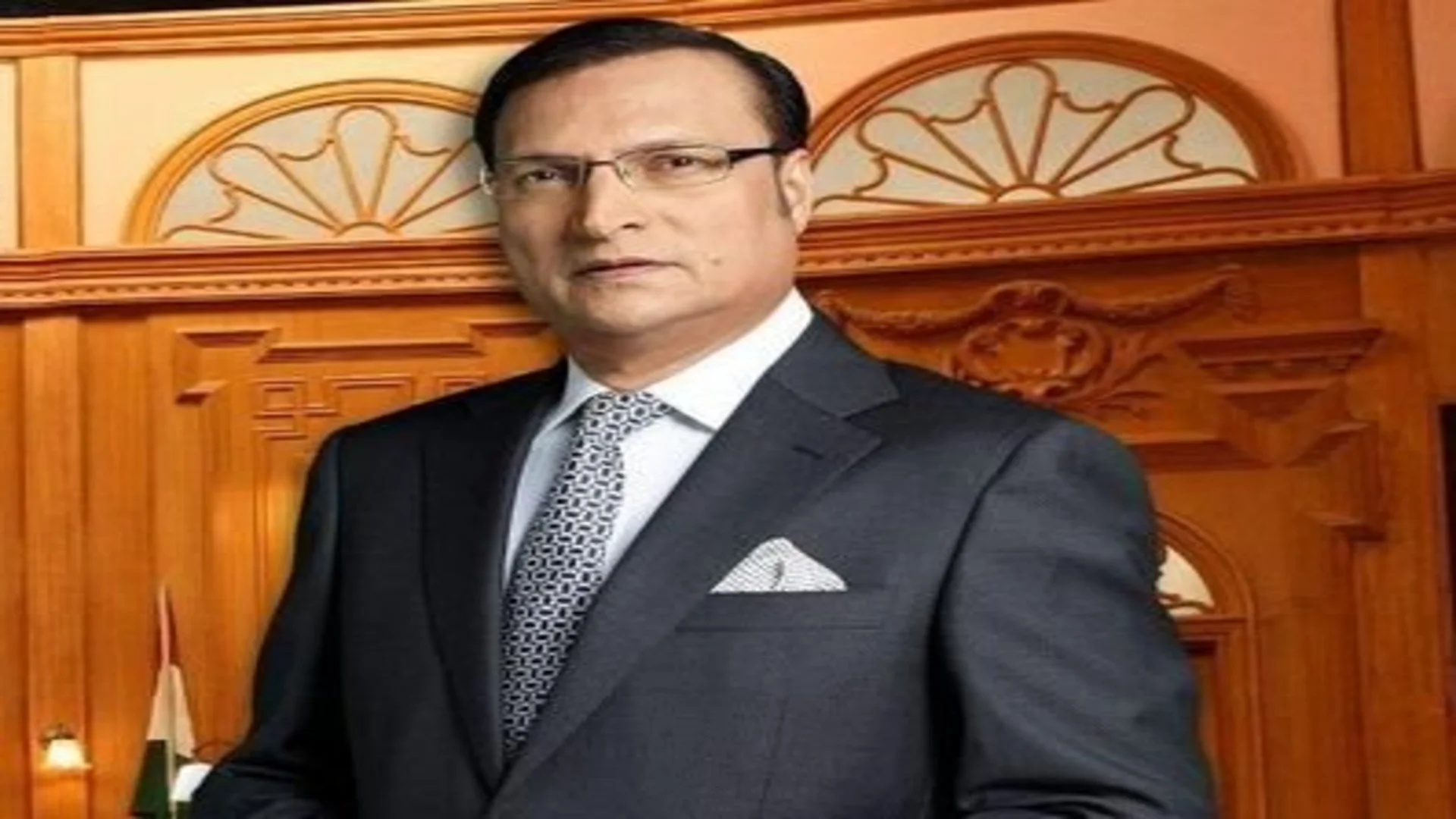Amazon Prime Video series ‘The Boys’ is not just one of the best shows about superheroes but it also makes for a great case study in subversion of all the best-known tropes associated with the superhero genre. How many superhero shows out there are focused on exploring how toxic our obsession is with them? ‘The Boys’ does a great job of critiquing the superhero culture as perpetuated by Marvel and DC but never at the cost of entertainment. It is never preachy and always very entertaining and full of whacky ideas. ‘The Boys’ is based on the comic book series of the same name by Garth Ennis and Darick Robertson. In its third season, the series spills even more blood (yes, you read it right!), unleashing hitherto unseen levels of gore, profanity, nudity and sex. Don’t believe me? Consider a scene in the season premiere wherein a superhero shrinks down and climbs inside another person’s body part and mistakenly blows it to smithereens.
The 2010s are widely regarded as the Marvel decade. But, a more accurate way to describe them is as the superhero decade. Interestingly, nobody was so sure about the future of superhero films about 10 years back. Remember, the first leg of the Spider-Man and the X-Men series had ended in 2007 and 2009, respectively. The future looked uncertain for both the franchises. The second leg of the Superman series never really got going after the mixed-bad response to the 2006 film ‘Superman Returns’. What Christopher Nolan achieved with ‘The Dark Knight’ (2008) was seen more as a personal triumph of a director’s vision than a superhero genre breakthrough. It all changed with ‘Iron Man 2’ (2010) which catapulted the Nick Fury-led S.H.I.E.L.D to instant fame—two years after it was first introduced as part of ‘Iron Man’ (2008) during a post-credits scene. Following the release of ‘Iron Man 2,’ the Walt Disney Studios agreed to pay Paramount a whopping amount for the worldwide distribution rights to ‘Iron Man 3’ and ‘The Avengers.’ And the rest, as they say, is history.
Soon, Hollywood was raining superheroes. As Marvel was putting together The Avengers, DC Comics started planning their Justice League lineup. Before we knew it, Marvel’s ‘Guardians of the Galaxy’ (2014) also came alive. The X-Men franchise too got a new lease of life with ‘X-Men: First Class’ (2011). Next year, ‘The Amazing Spider-Man’ was released with a fresh cast and storyline. Subsequently, Zack Snyder delivered ‘Man of Steel’ (2013)—the first film of DC’s Superman reboot that was followed by the 2016 offering ‘Batman v Superman: Dawn of Justice.’ In 2015, Marvel came out with ‘Ant-Man’ which was followed by ‘Ant-Man and the Wasp’ in 2018. In 2016, ‘Deadpool’ went on to become the highest-grossing R-rated film at the time. It was followed by ‘Deadpool 2’ (2018). Soon the battle for female superhero supremacy started as DC came out with the hugely successful ‘Wonder Woman’ in 2017 and Marvel responded with an even bigger success in the form of ‘Captain Marvel’ (2019). 2018 also witnessed another superhero film Venom based on a character that appeared in ‘Spider-Man 3’ (2007). All this proves why the 2010s are regarded as the superhero decade.
When the Amazon Prime Video series ‘The Boys’ premiered in July 2019, it took superhero film enthusiasts by storm. For, it offered something rarely seen in the genre: superheroes, popular as celebrities, influential as politicians, and revered as Gods, abusing their powers instead of using them for good. The Boys follows the eponymous team of vigilantes as they try to expose the Seven, Vought International’s premier superhero team led by the egotistical and megalomaniacal Homelander (menacingly portrayed by Antony Starr; the character is considered to be analogous to DC›s Superman). The Seven, among others, also features Queen Maeve (essayed by Dominique McElligott with equal parts brain and brawn; the character is considered to be analogous to DC›s Wonder Woman). The Boys, on the other hand, are led by Billy Butcher (brilliantly played by the uber-cool Karl Urban), a former CIA operative who despises all individuals with superpowers.
Following the success of the first season of ‘The Boys,’ the second season proved to be bigger and grander at so many levels. Firstly, the stakes were much higher. We had a few new characters with some incredible superpowers. On one hand, we had the enigmatic Stormfront, gifted with the unique ability to manipulate electricity along with many other powers. Although she joined the Seven as its newest member, her real intentions as well as her actual origins remained unknown (she was later revealed to be the first supe in the world who was once closely associated with the Nazi Party). Then, there was a mysterious new character gifted with the power to get anyone’s head to explode at will (who is shockingly revealed to be none other than Congresswomen Victoria Neuman). The second season of ‘The Boys’ also presented Black Noir in a new light. A-Train and The Deep again had solid character arcs this season. The character of Vought CEO Stan Edgar (chillingly essayed by Giancarlo Esposito) also came to the fore. The various arcs involving Homelander, Billy Butcher, Queen Maeve, Starlight, Hughie, Frenchie, Mother’s Milk, and Kimiko also got explored well.
In the new season also, we are presented with a very interesting mix of the old and the new characters. After his wife Becca’s death, Butcher is more obsessed than ever with killing Homelander (an increasingly menacing and creepy-looking Antony Starr). When Queen Maeve tells him about a past supe known as ‘Soldier Boy,’ Butcher leads an investigation to uncover the truth about his mysterious death. Maeve also gives him a few vials of a new serum developed by Vought that gives normal people superpowers for 24 hours. Given his intense hatred for all things supe, will he be able to wield it in order to take the fight to expose Vought?
‘The Boys’ has thus far lived up to its promise of being an irreverent, unapologetically sharp-witted, and no-holds-barred flip on the superhero genre. The third season takes us to ever darker places and the end doesn’t seem nigh.

